-
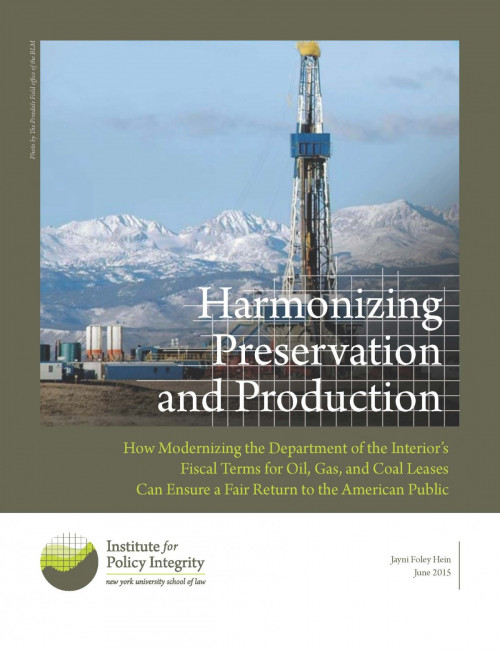
Harmonizing Preservation and Production
How Modernizing the Department of the Interior’s Fiscal Terms for Oil, Gas, and Coal Leases Can Ensure a Fair Return to the American Public
Leasing federal lands for drilling and mining generates a huge amount of revenue for the United States, but the Department of the Interior, which oversees these leases, uses an antiquated fiscal system that deprives taxpayers of hundreds of millions of dollars. Our report analyzes how the fiscal terms for oil, gas, and coal leases could be modernized to ensure a fair return to the American public.
-
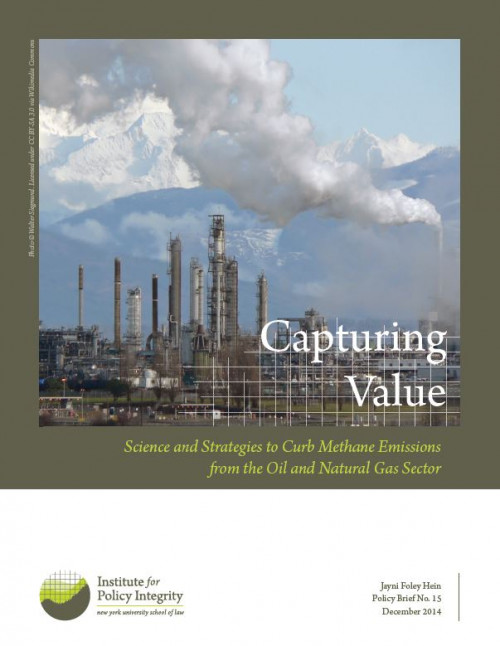
Capturing Value
Science and Strategies to Curb Methane Emissions from the Oil and Natural Gas Sector
Methane, the primary component of natural gas, is a potent climate pollutant up to 86 times more powerful than carbon dioxide on a 20-year timeframe. Currently the United States loses at least 1 to 3 percent of its total natural gas production each year when methane is leaked or vented to the atmosphere. Federal regulations could reduce methane emissions by up to 50 percent at little or no net cost, using available technologies.
-
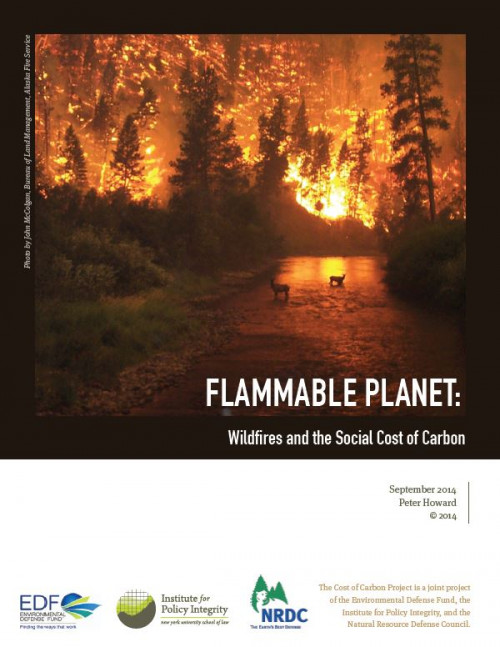
Flammable Planet: Wildfires and the Social Cost of Carbon
Climate change is expected to make wildfires more frequent and intense, with new areas facing wildfire risk. This could take a serious toll on the U.S. economy by expanding the area that wildfires burn 50 percent by 2050—and raising projected damages by tens of billions of dollars a year. Flammable Planet provides the first-ever estimate of the extent to which climate change will magnify the future economic costs of wildfires.
-
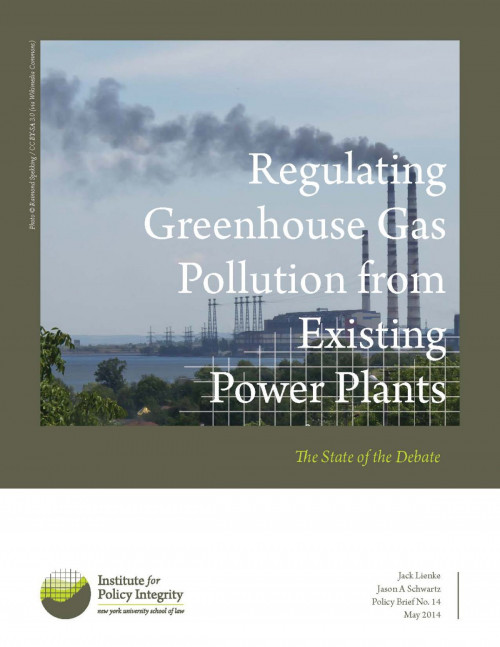
Regulating Greenhouse Gas Pollution from Existing Power Plants
The State of the Debate
Environmentalists, industry groups, and state governments have been vocal regarding their preferences for the shape of EPA’s forthcoming rule on greenhouse gas pollution from existing power plants. In this policy brief, Jack Lienke and Jason Schwartz survey 30 public letters, white papers, presentations, and reports from these stakeholders and outline their positions.
-
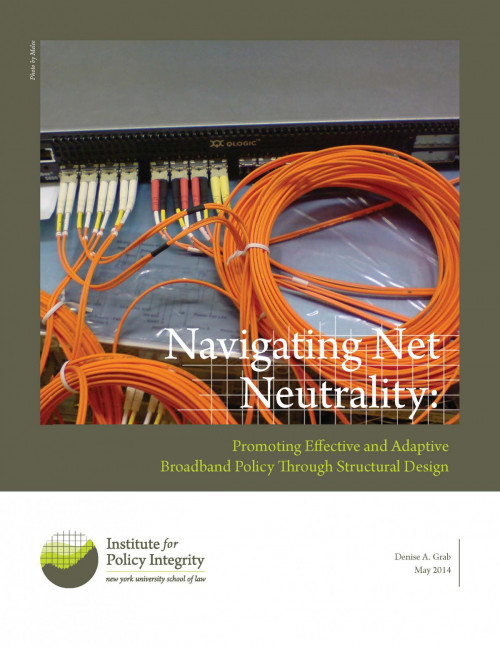
Navigating Net Neutrality
The Federal Communications Commission’s ability to protect the open Internet has been limited, due to recent court decisions. This report examines the regulatory options and recommends to FCC a course forward that will best promote the benefits of widespread Internet access.
Viewing all publications in Reports
